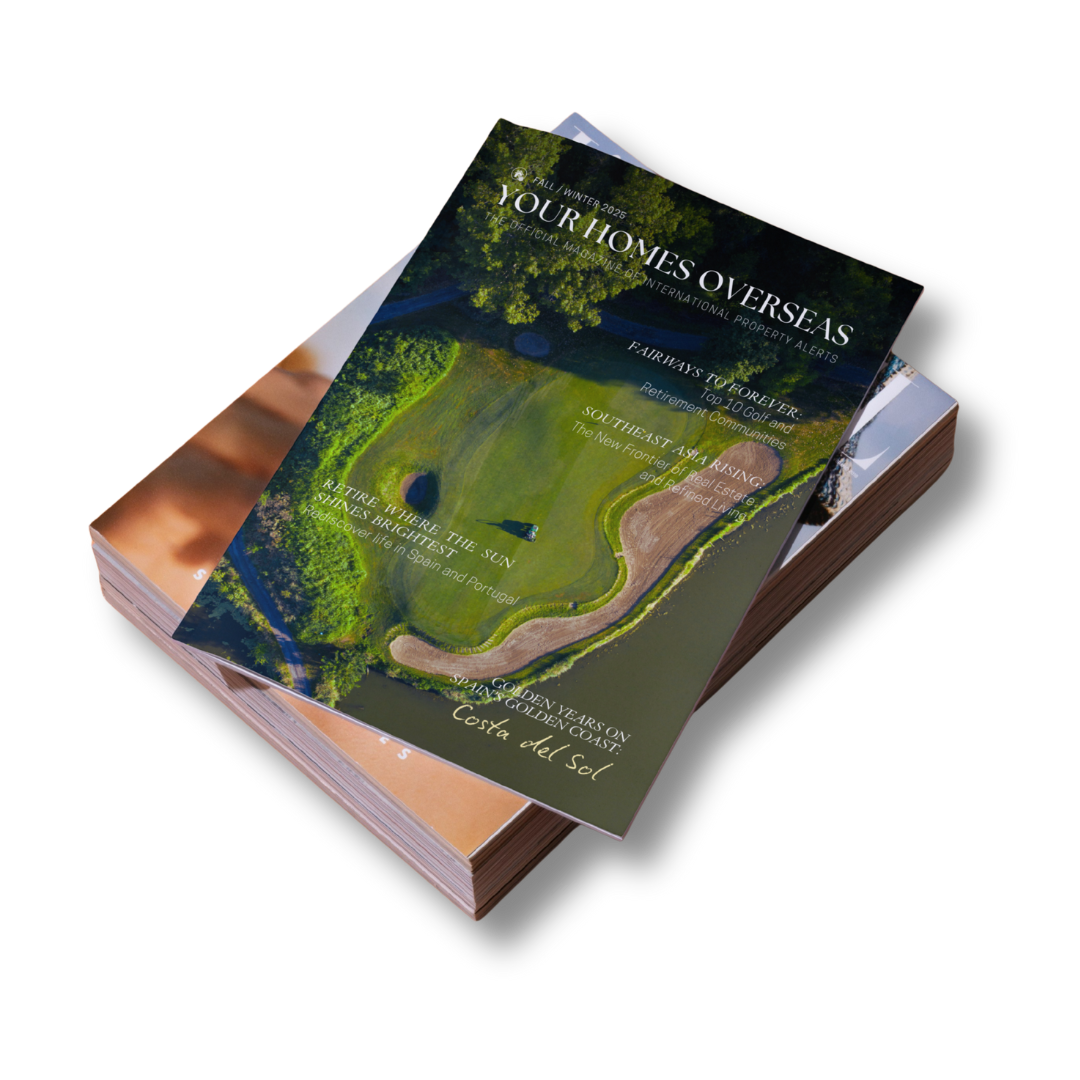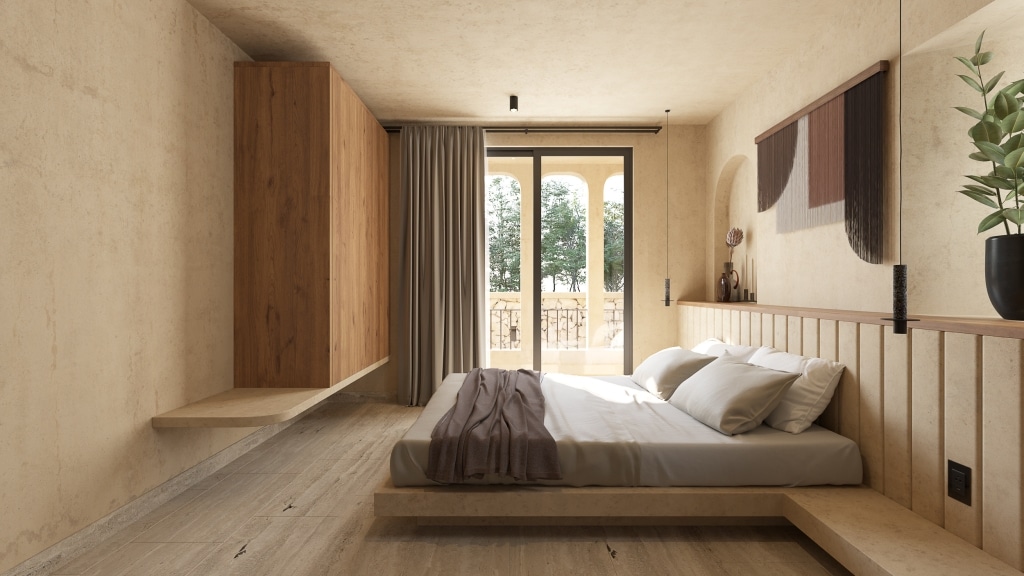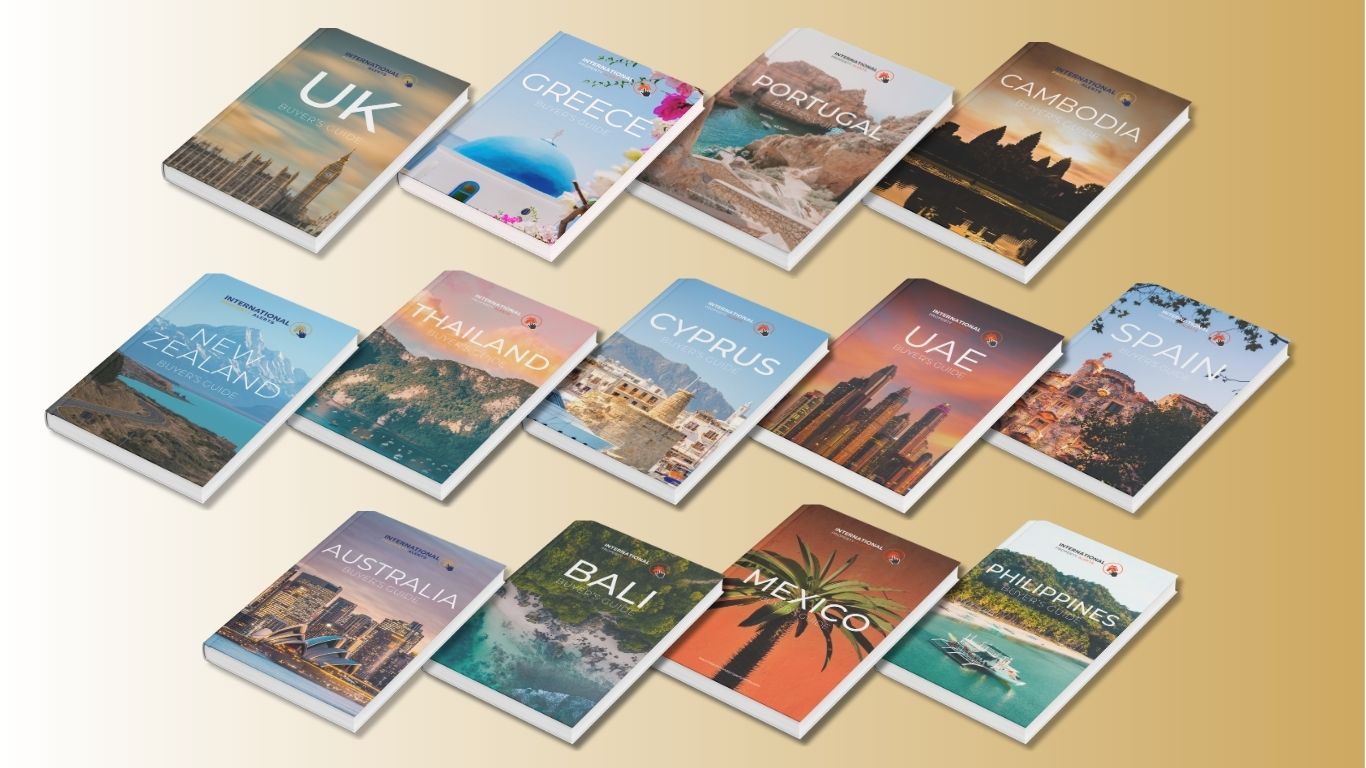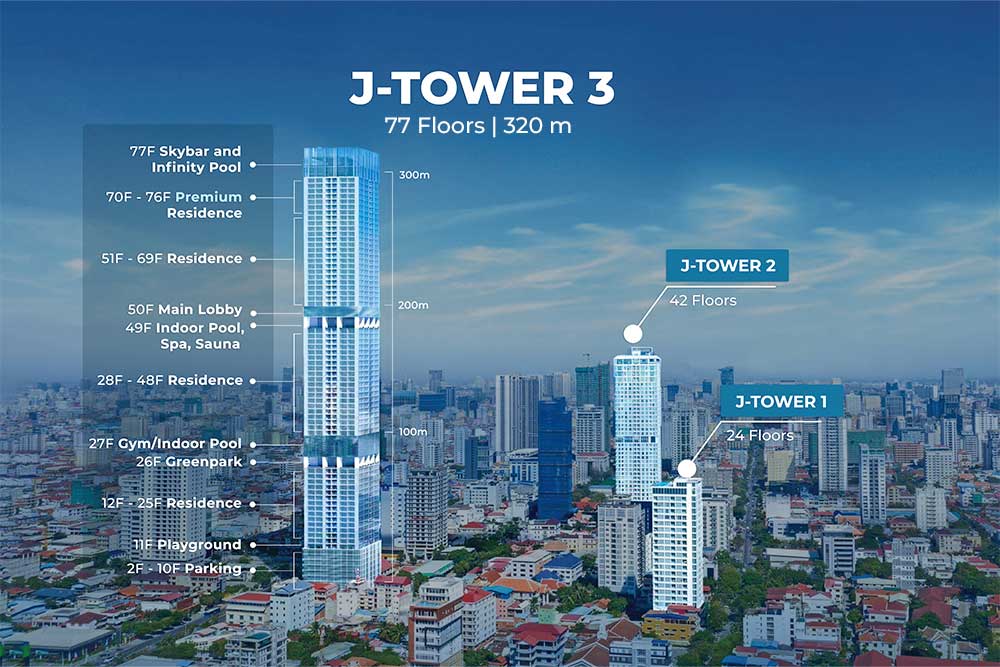
Get Your Free 1st Issue
Your Homes Overseas Magazine!
Discover the best destinations, property tips, and lifestyle insights from around the world.
GET YOUR FREE MAGAZINE HERE!

Discover the best destinations, property tips, and lifestyle insights from around the world.
GET YOUR FREE MAGAZINE HERE!

Portugal is a beautiful country located on the Iberian Peninsula in Southwestern Europe. It is bordered by Spain to the east and north, and the Atlantic Ocean to the west and south. This gives Portugal a long, stunning coastline with beautiful beaches. Whether you’re looking for quiet seaside towns or vibrant cities, Portugal has it all. Its position between Spain and the ocean makes it an ideal spot for travelers and expats alike.
At International Property Alerts, we’re here to help you learn everything about Portugal. From the welcoming people to its rich culture, Portugal is a place that attracts many people who want to live and explore. In this guide, we’ll walk you through what you need to know about the country, from its climate and cost of living to how you can immigrate and find your dream home. Whether you’re thinking about a visit or a permanent move, this country guide will provide you with all the details.

In this section of our Portugal Country Guide, we’ll cover some important basic codes and systems. So, these details are simple but helpful, especially if you’re planning to move to or visit Portugal. Understanding the country code and other related information will make it easier to settle into your new life.
Here are a few key things you should know about Portugal:
Knowing the country code helps you when calling local numbers or sending money. For example, if you need to call Portugal from another country, you’ll need the phone code +351. In addition, PT is the country’s official abbreviation, which you’ll see when browsing the web or filling out forms.
These small details make a big difference when adjusting to a new country. So, knowing the country code is one of the first steps to preparing for your move. And above all, these small preparations will help you get comfortable as you start your new life in Portugal.

Portugal is a country in southern Europe, located on the Iberian Peninsula. Also, it’s bordered by Spain to the east and north and the Atlantic Ocean to the west and south. This gives Portugal a long, beautiful coastline, known for its scenic beaches, ports, and opportunities in international property.
Portugal’s location makes it a unique place to visit and live. It has easy access to both land and sea, making it an important point of connection between Europe and the rest of the world. So, its position also offers mild weather and stunning views, attracting travelers from around the globe.
In addition, Portugal is a great place for those looking to settle down. Whether you’re interested in a vibrant city like Lisbon or a quiet town near the coast, Portugal offers a variety of living options. Therefore, you can check out our properties to find a home that fits your style and needs.
In this section, we’ll explore the weather in Portugal and what you can expect throughout the year. Portugal has a mild Mediterranean climate, which makes it a great place to live and visit. The weather is generally sunny and pleasant, with some variation depending on the season.
So, if you’re planning to visit or move to Portugal, the weather is mostly warm and sunny, perfect for outdoor activities year-round. If you’re looking for a mild climate, Portugal offers the best of both worlds with sunny summers and mild winters. In addition, if you’re considering relocating to Portugal, we offer services that can help you find your ideal home in the country.

If you’re thinking about moving to Portugal, it’s important to know how much things cost. Understanding the cost of living helps you plan your budget and decide where to live. In this section, we’ll break down some common expenses like housing, food, utilities, transport, and healthcare.
So, the total cost of living in Portugal for one person can range from €900 to €2,300 per month. In other words, Portugal offers a relatively affordable lifestyle compared to other European countries like Spain or Italy. The cost may vary depending on where you live. For instance, Lisbon and Porto are more expensive, while smaller towns offer lower costs. In addition, if you’re interested in real estate in the Philippines, you can check out our real estate in the Philippines for more options.
Portugal has a rich and fascinating culture, shaped by centuries of history. From traditions passed down through generations to modern influences, the culture is diverse and vibrant. Portugal is known for its music, food, and festivals that make it an exciting place to live or visit.
Portugal is proud of its long history and many traditions. The local people are warm and welcoming, often eager to share their culture with others. Portuguese customs include family gatherings, festivals, and an appreciation for art. The country also has strong ties to its Catholic roots, which influence many of its festivals and holidays.
The official language of Portugal is Portuguese. It’s spoken by the majority of the population and is one of the most widely spoken languages in the world, thanks to Portugal’s colonial past. The language is an important part of Portugal’s culture, and learning it will help you connect with the local people and experience the culture more deeply.
If you’re planning to move to Portugal, it’s essential to know the different visa options and how to apply for them. Whether you’re moving for work, study, or to retire, there are several visa types available. Here’s a simple guide to help you understand the process.
When you decide to move to Portugal as an expat, the first step is to get a residence permit. This allows you to live and work in the country legally. The Golden Visa is a popular choice for those who want to move and invest in Portugal. With this program, you can gain residency by making a significant investment, such as buying real estate. After five years, you may apply for permanent residency or citizenship.
To ensure a smooth immigration process, it’s important to have the necessary documents ready, such as your passport, health insurance, and proof of income. In addition, if you are exploring real estate in the UAE, you can check out our real estate in the UAE to learn more about investment opportunities.

If you’re thinking about living in Portugal, it’s important to understand how housing, residency, and retirement work. Let’s explore what you need to know about these topics to make your move easier.
Finding a place to live in Portugal is relatively simple, but prices can vary depending on the city. Major cities like Lisbon and Porto are more expensive, while smaller towns and rural areas are more affordable.
In addition, it’s always a good idea to visit different areas to find a neighborhood that fits your lifestyle and budget. Whether you’re interested in the vibrant city life or a quiet rural area, there are plenty of options in Portugal.
If you want to live in Portugal for the long term, you’ll need a residence permit. The process is relatively straightforward, and there are different options depending on your situation.
In other words, moving to Portugal is fairly easy as long as you follow the rules and have the right documents. So, make sure to gather the necessary paperwork and plan ahead.
Portugal is a popular destination for retirees. The country offers a low cost of living, great weather, and a relaxed lifestyle, making it an ideal place to enjoy your retirement.
Portugal is a country with a rich history and unique features. Here are some fun and interesting facts about this beautiful country.
Portugal is a beautiful and welcoming country with a lot to offer. Whether you’re planning to visit, work, study, or retire, there are plenty of opportunities to explore. We hope this guide answers your questions and helps you plan your move. If you have more questions or need any help with your move to Portugal, don’t hesitate to contact us. We’re here to make the process as easy as possible!
Yes, you will need a visa if you plan to stay in Portugal for more than 90 days. Different visas are available depending on your situation, like a work visa, student visa, or the Golden Visa for those who want to invest in the country.
Living in Portugal is cheaper compared to many other countries. For example, renting an apartment can cost from €500 to €1,500 a month, depending on the city. You can also find affordable food and transportation, especially in smaller towns.
It can be easy to find a job in Portugal, especially if you work in tech, hospitality, or teaching English. Lisbon and Porto have many job opportunities, while smaller cities may have fewer options.
Lisbon and Porto are the most popular cities for expats. They have lots of things to do, great public transport, and many job opportunities. If you prefer quieter towns, places like Faro or Cascais are also great choices.
Yes! Portugal is a great place to retire. The cost of living is lower, the weather is nice, and the country offers a peaceful lifestyle. You can also apply for a Golden Visa if you invest in Portugal.
About International Property Alerts
International Property Alerts is a premier global platform connecting real estate investors with handpicked opportunities in emerging and lifestyle-driven markets. Through curated listings, expert guidance, and market insights, we help buyers make confident property decisions worldwide.
Media Contact:

Phone: +4477 1923 8132
📱 WhatsApp: +63927 073 9530
Email: office@internationalpropertyalerts.com

Elle Resort & Beach Club offers a rare chance to own property in one of the most desirable coastal locations. With limited units, strong capital growth potential, and unmatched resort facilities, this is your opportunity to secure a beachfront lifestyle with long-term value.

Thinking about buying property abroad? Don’t make the move without the right knowledge. Our Free Buyers Guide gives you essential insights on legal steps, taxes, financing, and the best markets worldwide. Trusted by international buyers and investors.

Wake up to bright, spacious living with stunning views and modern comforts. Whether for family living, retirement, or a stylish retreat, Sudara Residences makes your dream home a reality

Discover curated property listings with IPS—residential, commercial, villas, land—and get expert guidance through every step.
BONUS: FREE Cambodia Buyer’s Guide

High visibility. Targeted audience. Maximum exposure. Rent this space and let your brand shine.

Get your properties in front of high-intent investors. Showcase your listings to buyers worldwide.

From pounds to pesos, yen to dollars. ⚡ Quick. Easy. Secure.
Compare listings
ComparePlease enter your username or email address. You will receive a link to create a new password via email.